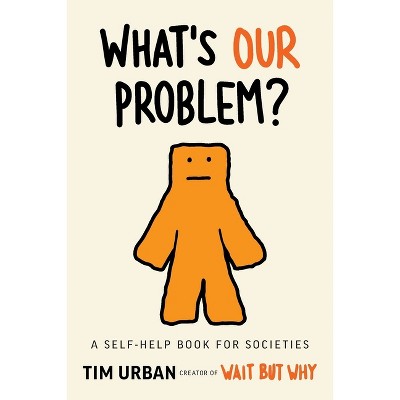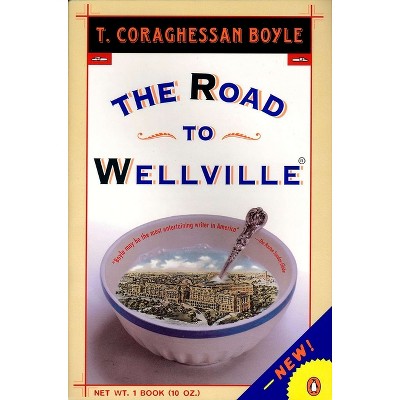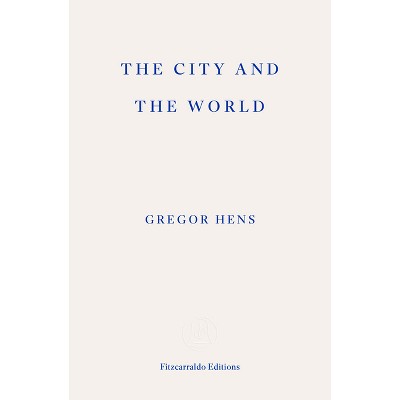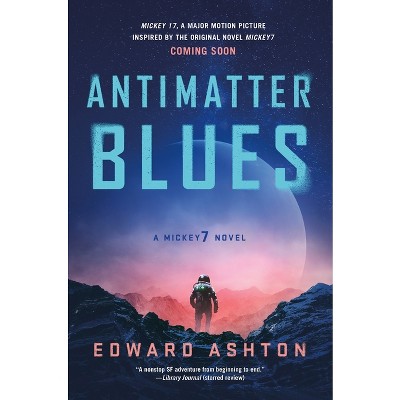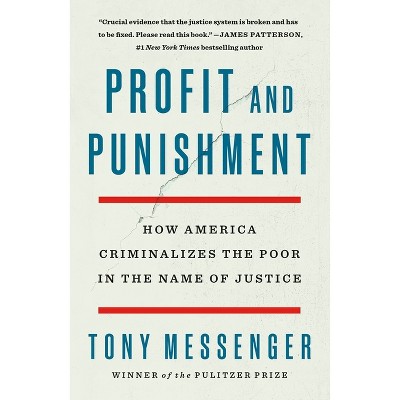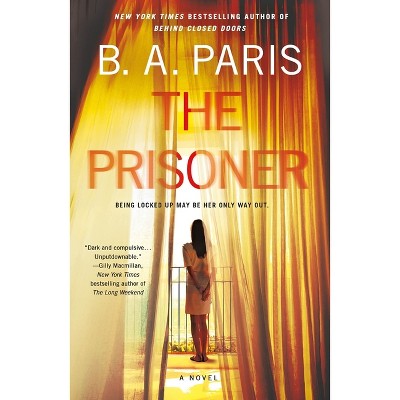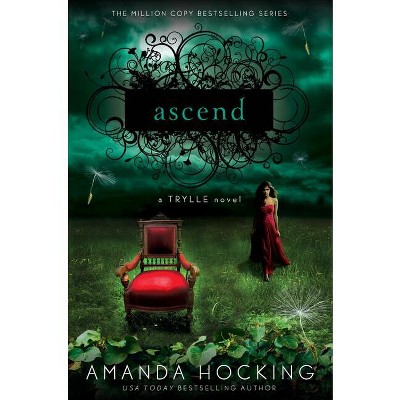Sponsored

Mill Town - by Kerri Arsenault (Paperback)
In Stock
Sponsored
About this item
Highlights
- Winner of the 2021 Rachel Carson Environmental Book AwardWinner of the 2021 Maine Literary Award for NonfictionFinalist for the 2020 National Book Critics John Leonard Prize for Best First BookFinalist for the 2021 New England Society Book AwardFinalist for the 2021 New England Independent Booksellers Association AwardA New York Times Editors' Choice and Chicago Tribune top book for 2020 "Mill Town is the book of a lifetime; a deep-drilling, quick-moving, heartbreaking story.
- About the Author: Kerri Arsenault is a literary critic, teacher, co-founder of The Environmental Storytelling Studio at Brown University, contributing editor at Orion magazine, and author of Mill Town: Reckoning with What Remains.
- 368 Pages
- Social Science, Social Classes & Economic Disparity
Description
Book Synopsis
Winner of the 2021 Rachel Carson Environmental Book Award
Winner of the 2021 Maine Literary Award for Nonfiction
Finalist for the 2020 National Book Critics John Leonard Prize for Best First Book
Finalist for the 2021 New England Society Book Award
Finalist for the 2021 New England Independent Booksellers Association Award
A New York Times Editors' Choice and Chicago Tribune top book for 2020
Review Quotes
*Finalist for the 2020 National Book Critics Circle John Leonard Prize for Best First Book
*Winner of the Rachel Carson Environment Book Award
"Combining personal history with investigative reporting, Arsenault pays loving homage to her family's tight-knit Maine town even as she examines the cancers that have stricken so many residents." --The New York Times Book Review (Editors' Choice)
"Mill Town is preoccupied with a poisonous irony: Rumford's citizens live and work in a place that makes them unwell... The scale of the problem and of the potential malfeasance could not be grander or more terrifying." --Emily Cooke, The New York Times Book Review "With affection and concern, Mill Town recounts 'Maine's constant conundrum, an American story, a human predicament.' In rural, working-class towns, the presence of industry amounts to pollution, but its absence gives way to poverty. Within fence-line communities like Arsenault's Mexico, prosperity and affliction are wholly intertwined." --Andru Okun, The Boston Globe "Mill Town poses hard questions that challenge the tacit acceptance of ecological destruction as the price of economic health." --Los Angeles Times
"Lyrical and compelling prose... Mill Town puts forth larger questions of the human relationship to the environment; of the violence done to the land that eventually translates into the devastation of the people that live on it. Arsenault's loyalty is not simply to a limited idea of health that would be typified by paying the ailing damages but on the injustice done to the land on a larger scale." --Rafia Zakaria, The Baffler
"A valuable addition to the literature of New England's industrial legacy, something many residents have either forgotten or choose to ignore, to the region's detriment." --Alex Hanson, Los Angeles Review of Books
"Reportage, memoir, and the refusal to seek easy answers clasp hands to bring us a searing, compassionate story of people rooted in and committed to a place that keeps breaking their bodies and hearts...With love and sorrow, wed by eloquent prose that moves with keen pacing, Arsenault traces the story of her family and the many families who have been battered along with their despoiled environment. This book is an essential answer to the urgent question: "At what cost comes progress?" --Garnette Cadogan, LitHub
"Mill Town is a rich, rewarding read that defies easy categorization. Despite the gravity of its subject, Mill Town is, at its heart, a love letter to the people and places of Arsenault's childhood and a plea for a cleaner, brighter future." --Jessica Lahey, Air Mail
"In this masterful debut, the author creates a crisp, eloquent hybrid of atmospheric memoir and searing exposé... Bittersweet memories and a long-buried atrocity combine for a heartfelt, unflinching, striking narrative combination." --Kirkus Reviews (starred) "[A] powerful, investigative memoir....Arsenault paints a soul-crushing portrait of a place that's suffered 'the smell of death and suffering' almost since its creation. This moving and insightful memoir reminds readers that returning home--"the heart of human identity"--is capable of causing great joy and profound disappointment." --Publisher's Weekly (starred)
"Arsenault's compelling debut asks readers to consider how relationships between humans and nature impact our bodies and environment....[A] powerful memoir." --Library Journal "An imposing work of narrative nonfiction...Arsenault's account is enlivened by vivid prose, often coolly analytical and yet deeply lyrical. Mexico's melancholy story--one that's mirrored today in thousands of struggling small towns across the U.S.--comes to life in Arsenault's sympathetic, but unfailingly clear-eyed, telling." --Harvey Freedenberg, Shelf Awareness "Clear-eyed and self-deprecating, Arsenault is a welcome guide through the history of Mexico and Rumford, capturing the voices of their inhabitants, the stories they tell and the confidences they keep. She is tenacious in her search for answers, tender in her interactions with her mother and their neighbors. A riveting blend of reportage and memoir reveals the secrets of a paper mill town." --Michael Berry, Maine Sunday Telegram "For stretches, it is pure memoir - and first-rate memoir at that....In other places, the book is a compelling and taut work of industrial investigation [and] Arsenault is meticulous in her research. Mill Town is haunting and heartbreaking, charming and funny ... and utterly exceptional." --Alan Adams, The Maine Edge
About the Author
Kerri Arsenault is a literary critic, teacher, co-founder of The Environmental Storytelling Studio at Brown University, contributing editor at Orion magazine, and author of Mill Town: Reckoning with What Remains. Her writing has been published in The Boston Globe, The Paris Review, The New York Review of Books, Freeman's, The Washington Post, and The New York Times.
Mill Town won the Rachel Carson Environment Book Award from the Society of Environmental Journalists, the Maine Literary Award for nonfiction, and a special Inge Feltrinelli Prize, dedicated to women writers who have used their voices in defense of human rights. Mill Town was also a finalist for the National Book Critics Circle Leonard Prize for best first book in any genre; the Eric Zencey Prize in Ecological Economics; the New England Society Book Awards; the New England Independent Booksellers Association nonfiction prize; the Connecticut Book Awards; and the Chautauqua Prize. Kerri has been a fellow at the Charles Warren Center for Studies in American History at Harvard University and the Science History Institute. Her work explores the intersections between ordinary people and toxicities.
